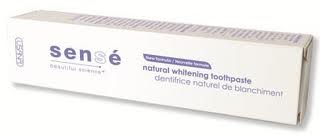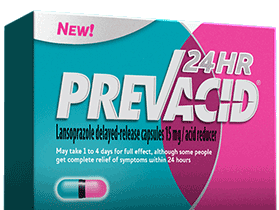My last post focused on the ill effects (excuse the pun) of fluoride exposure…from dental fluorosis to iodine deficiency, there’s no question that too much fluoride is not a good thing! So what can we do to limit our exposure?
- Don’t drink unfiltered water. Assume it contains fluoride unless proven otherwise.
- At home: if you’re on city water or untouched deep well water either invest in a filtration system (reverse osmosis or distillation) or drink bottled water (see below).
- Drink bottled water BUT read the label to be sure it has been purified using distillation or reverse osmosis.
- Limit soda consumption as it is generally made with fluoridated water (as is reconstituted juice, beer and wine…buy organic juice & wine). Grape beverages = fluoride pesticide.
- Use unfluoridated toothpaste. If you use fluoridated toothpaste rinse your mouth with (distilled) water after brushing. Do not let your child swallow fluoride toothpaste!
- Do not get fluoride gel treatments at the dentist (unless you/your child are at the highest risk for cavities).
- Avoid fluoride supplements.
- Avoid drinking black or red tea as the leaves from both plants naturally contain high amounts of fluorine.
- Eat more fresh foods & less processed foods.
- Choose organic fruits & vegetables.
- Expect that tinned fish and other canned foods will contain fluoride.
- Avoid or limit consumption of mechanically deboned chicken (e.g., chicken nuggets, canned chicken, baby food) as there could be traces of fluoride from the bones leftover from the deboning process. Processed meats = more fluoride.
- Check food labels as fluoride may be used as a preservative.
- Avoid black or red rock salt and items containing these (e.g., some Ayurvedic preparations).
- Avoid using chewing tobacco!
- Avoid long-term use of medications containing fluorine.
- If you are going in for surgery and require anesthesia ask your doctor about fluorine-free options.
- Avoid overheating teflon (a fluorine compound) pans while cooking, as teflon may be released into the air.
After researching this myself I realized how much I am exposing myself and my family to fluoride! While it might be a bit tough to follow all of the guidelines above, use common sense and good judgement when it comes to protecting yourself from fluoride exposure. We can’t be “perfect” 100% of the time so don’t beat yourself up if you’re guilty of breaking some (or even all) of the guidelines above. There’s no time like the present to try to reduce your exposure!
Related articles
- What Are Fluorosis Warning Signs? (topdentists.com)
- Dental Fluorosis FAQ (topdentists.com)
- Fluoridation move sparks controversy (fijitimes.com)
- Sodium Fluoride: Poison In The Tap Water (lynleahz.com)
- Fluoride toxicity – Protect yourself with selenium (naturalremediesblog.net)
- Extremely Important: Fluoride Treatment – 5 Ways to Detox Fluoride (naturalsociety.com)
- Harvard Study Suggests that Fluoride Lowers IQ (economicpolicyjournal.com)
- Both sides present ‘information we believe in’ in fluoridation debate (kansas.com)





